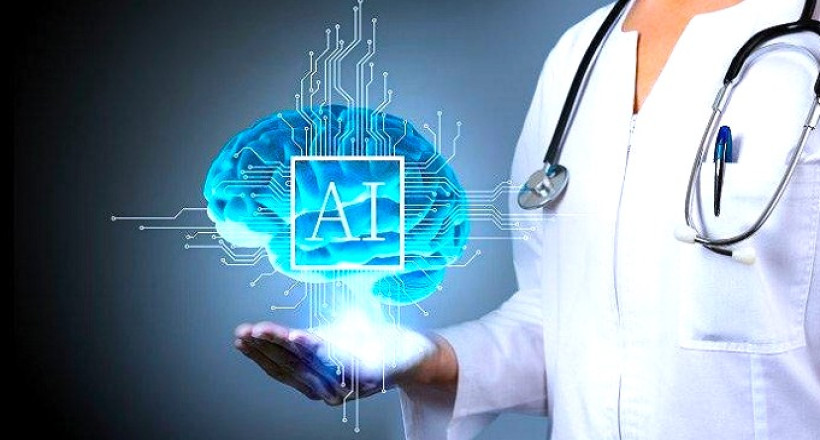The Pros and Cons of AI in Healthcare: Promises and Perils Explored

Artificial Intelligence (AI) has the potential to revolutionize the healthcare industry, but it also comes with promises and perils that need to be carefully considered.On the one hand, AI can help healthcare professionals to make faster, more accurate diagnoses and to develop more personalized treatment plans. AI algorithms can analyze large amounts of medical data, including patient histories, lab results, and imaging scans, to identify patterns and trends that may not be apparent to human clinicians.
This can lead to earlier detection of diseases, more effective treatments, and ultimately better patient outcomes. AI can also help to
reduce healthcare costs by optimizing resource allocation and reducing unnecessary procedures and treatments.
However, there are also perils associated with the use of AI in healthcare. One of the major concerns is the potential for AI to perpetuate and even exacerbate existing biases in the healthcare system. If the data used to train AI algorithms is not representative of the full range of patient demographics, it can lead to algorithmic bias that disproportionately affects certain groups.
Another concern is the potential for AI to be misused or to produce inaccurate results. If AI algorithms are not properly validated
“ Stay ahead of the news with The Speed Express. We delivers the latest, most accurate and relevant information on politics, business, sports, entertainment and more. Get informed, always. ”
or if they are used in contexts where they are not appropriate, they can lead to incorrect diagnoses or treatments that harm patients.
Healthcare data is highly sensitive, and the use of AI requires access to large amounts of patient data. If this data is not properly protected, it can be vulnerable to hacking and other cyber threats.
To address these concerns, it is important to develop ethical guidelines and standards for the use of AI in healthcare. This includes ensuring that AI algorithms are transparent and explainable, and that they are developed and validated using diverse and
representative data sets.
It is also important to prioritize patient privacy and security by implementing robust data protection and cybersecurity measures. Finally, there must be ongoing monitoring and evaluation of AI systems to ensure that they are producing accurate and fair results.
Overall, AI has the potential to transform healthcare for the better, but it is important to approach its use with caution and to carefully consider the promises and perils of this powerful technology. By taking a thoughtful and ethical approach to AI in healthcare, we can harness its potential to improve patient outcomes while minimizing the risks.









